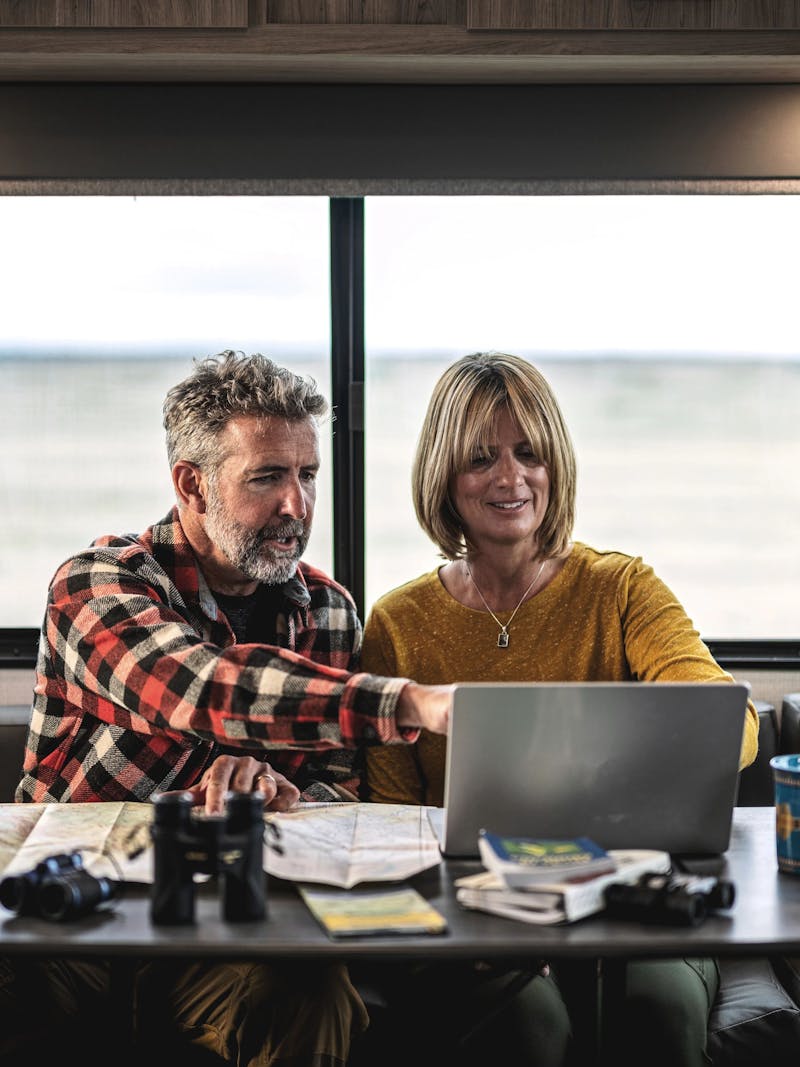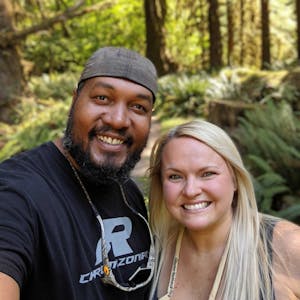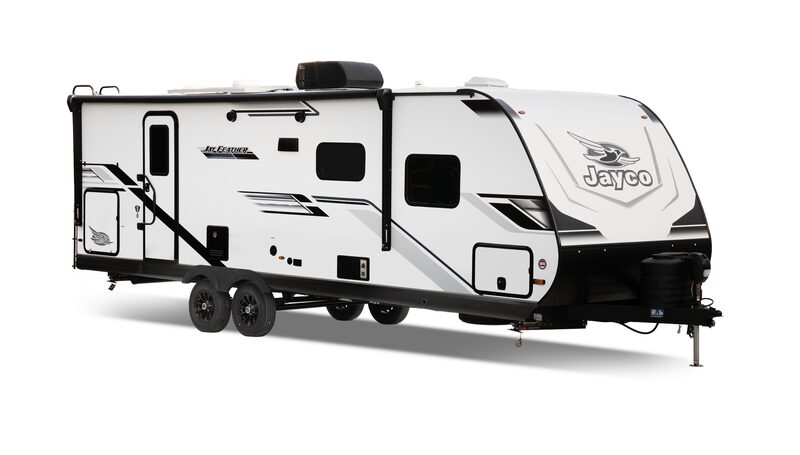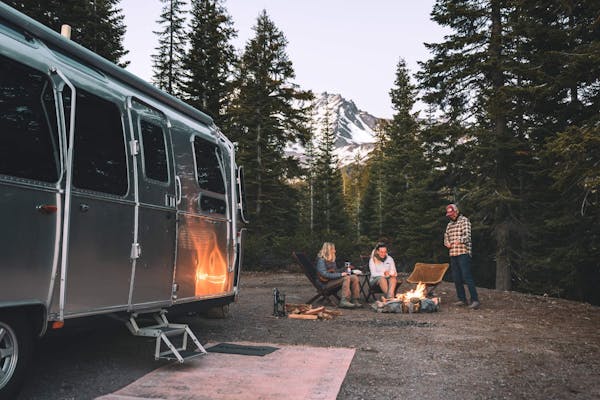Christina and Ben live a minimal and purposeful life that prioritizes adventures. Christina enjoys scenic drives, sunsets and art. Ben is more of a “watch the big game, campfire, bourbon, people person” type of guy. More than anything, they enjoy being together in their Jayco Jay Feather travel trailer and not being tied to one particular location.
Learn
How To RV Camp Without Reservations
Fully-booked campground? Need to move somewhere last minute? Here’s how to find an awesome RV campsite without an advanced reservation.







